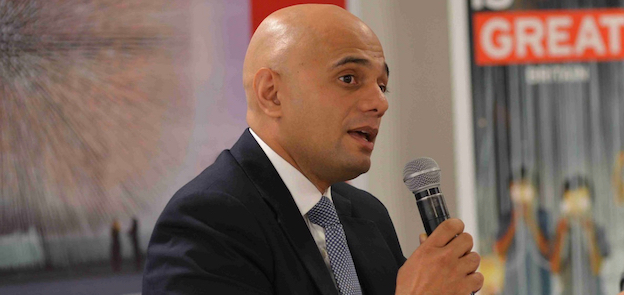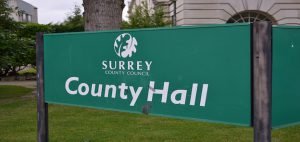
Local government now has a business rates bill but, Richard Harbord says, there is still uncertainty as officers wait for a new consultation paper. Meanwhile, it gets personal in Surrey where the county council has proposed a referendum on a 15% hike in council tax.

The world of local government finance is certainly not dull. Last week communities secretary Sajid Javid published the Local Government Finance Bill, outlining plans for 100% business rates devolution. It is much as expected. It will be a high-level bill with the detail in secondary legislation.
A consultation paper is promised shortly and that is where most of the interest is. DCLG says that they will meet losses on appeal but there is, as yet, no clarity about what that means; local authorities will need to see definitions before they can contemplate not having to make provisions for losses in future.
Two other things of importance have emerged from the recent sub group meetings of the business rates steering group. The first is that there will be no devolution of attendance allowance — the benefit for severly disabled elderly people — to local authorities. This has been much discussed, but authorities were generally less than enthusiastic. This will presumably be widely welcomed.
The other point is that the health department has reservations about the cessation of the public health grant. The ring fence for this was due to be relaxed in 2018-19 and it was proposed to be one of the grants which would disappear. However, ministers are a little concerned that this may be a step too far.
Fair funding
The greatest worry for local authorities is the progress on the fair funding formula. This was always going to be a piece of work taking longer than the general run of 100% devolution, but the work seems to be slow in taking shape. The original timescales were, report towards the end of 2017 and exemplifications in 2018. This is very close to commencement of the new scheme and local authorities will be looking for some certainty for medium-term planning.

For some years DCLG has been saying how regrettable it is that authorities don’t use the referenda provisions for increases in council yax. The argument runs, if you make a good enough case for rises above the norm then the tax payers will be won over and in effect there is no limit.
I have to say, it was always doubtful that a majority could be persuaded to pay more tax, especially for services from which they may not personally benefit.
We should therefore welcome the news that Surrey County Council is to test the hypotheses by reportedly asking for a 15% increase for social care. It will be interesting to see how this unfolds. As a Surrey resident I shall be taking a personal, as well as a professional interest. I am happy to disclose that it will take a compelling case to win me over.
For most section 151 officers the long budget struggle is almost over. There seems to have been more concentration than ever this year on what actually constitutes a legally balanced budget, and some discussion about external auditors taking a more intense view of this. In reality, budgets are more than ever a 12-month process. The need to achieve savings in the budget and to be flexible in case of slippage is paramount. Inflation is rising, uncertainty is all around and a section 151 officer’s lot is certainly not a happy one.
Richard Harbord is the former chief executive of Boston Borough Council.













